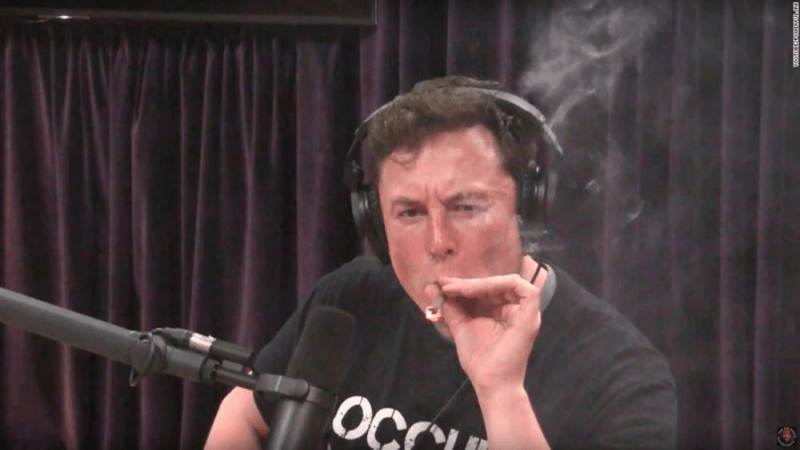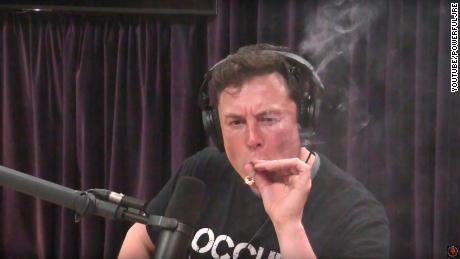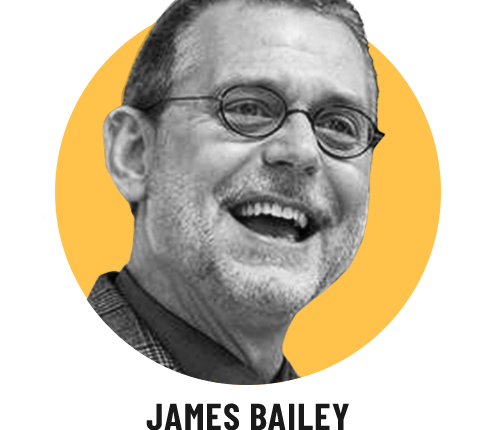James Bailey is a professor and Stacy and Jonathan Hochberg Fellow of Leadership Development at the George Washington University School of Business. The opinions expressed in this commentary are his own.

Charismatic corporate leaders seem to regularly become global cultural icons. They capture the zeitgeist with edifying TED Talks, best-selling autobiographies and social media presences that rival those of rock stars.
Global fame is not foolproof when government investigators come knocking."
For many executives, cultural celebrity is good branding and an inoculant to merciless P&Ls or disapproving boards of directors. A shrewd CEO can use Twitter to counter rumors on Wall Street or dodge a public relations nightmare.But recent disruptions in the tech industry suggest that celebrity may have its limits. Elon Musk of Tesla and Sheryl Sandberg of Facebook, who have both carefully cultivated public personas, have found that global fame is not foolproof when government investigators come knocking. In fact, corporate celebs may find their renown even more fleeting than other high achievers due to the stakes and scale. Leading a billion-dollar, international conglomerate through a volatile period comes with responsibilities that far outstrip those of authors or actors.Mostly, the ranks of global celebrities are populated with sports stars and entertainers. Here and there, a public servant captures icon status. Think presidents Donald Trump and Barack Obama or US Supreme Court Justice Ruth Bader Ginsburg. Some scientists have enjoyed the mantel of celebrity (Stephen Hawking and NASA’s Katherine Johnson), but they are few and far between. The same holds true for celebrity artists or popular writers (J.K. Rowling and Stephen King).


JUST WATCHED
Elon Musk smokes weed during interview
ReplayMore Videos …MUST WATCH
Elon Musk smokes weed during interview 01:29Read MoreIn the business world, there have always been enigmatic corporate leaders, but only a handful — Henry Ford, Steve Jobs, Bill Gates, Martha Stewart — have become cultural icons. They captivate us through larger-than-life personalities or life-changing technologies.The recent swell of business leaders who’ve been transformed into celebrities can be traced to a number of factors.First, many sports figures have been brought low by scandal (doping and sexual misbehavior). Professional sports as a whole have become associated with greed (prioritizing salaries and bonuses over winning). In the past, athletes were seen as heroes, imbued with qualities of sacrifice and courage. Now, a personal wrong turn (golfer Tiger Woods) can ambush a career. The public is left disappointed and unforgiving.Second, public trust in CEOs has risen as it has fallen in political leaders. While some date the political wariness to Watergate, it seems to have reached a fever pitch in this highly partisan era. The funeral of the late George H.W. Bush seemed as much to mourn the loss of civic leadership as the passing of the former president.Third, CEOs have been empowered to change lanes. The lines between sectors have been blurred. Careers are malleable, and an ambitious executive can branch out into everything from television to politics to sports. Meanwhile, the cult of the savvy, no-nonsense business leader thrives in popular reality television programs such as Shark Tank.More from Perspectives
To hold Facebook accountable, stop calling it a tech company
Shell is tying executive pay to carbon emissions. Here’s why it could create real impact
OPEC’s reputation in D.C. is hurting. Qatar’s exit will make it worse
Finally, social media has become omnipresent. Not long ago, exposure to CEOs was limited to a small number of traditional business news outlets, and coverage of executives, even charismatic ones, was almost entirely related to their companies. How that has changed. Today, hundreds of media outlets, backed by social media platforms, cover every facet of the economy and business. Gossip, personal problems and internal tensions have turned the business news into high drama. But celebrity comes with peril. Reputations built on social media can fall to a well-aimed tweet or toxic post. The fame that brings public attention turns a celebrity CEO into a target. The law of unintended consequences weighs heavily on the superstar CEO facing shareholders and employees.
Joining the ranks of celebrity CEOs has gotten a lot easier. But staying in the good graces of a fickle public can be hard, even for the most charismatic chief executive. The best rule of thumb for ambitious leaders is to discover the fine line between celebrity and notoriety — and then work overtime to stay on the right side of the line. Former President Obama had a motto: Don’t do stupid stuff. That’s not a bad starting point for celebrity CEOs.
Source: edition.cnn.com

